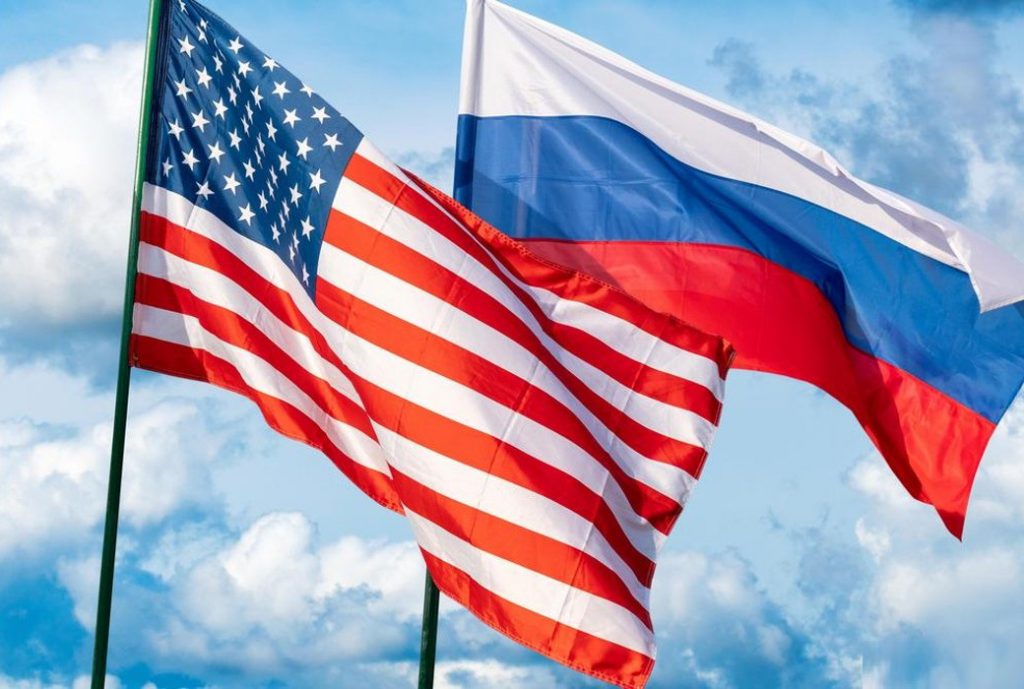BRICS: Russia’s Moscow Stock Exchange Halts US Dollar, Euro Trading
In response to a new round of sanctions on the BRICS nation, Russia’s Moscow Stock Exchange has halted all trading in the US dollar and Euro. The leading financial marketplace in the BRICS 2024 chairmanship nation had also stated that both share trading and money market trade in both currencies would also stop.
The halt was implemented following the US Treasury Department’s newly implemented financial penalties on Russia. Specifically, the agency sanctioned more than 300 entities, while noting it is taking a “sweeping aim at the foundational financial infrastructure” of the country in a recent press release.
Also Read: BRICS: China Gives Update on Alliance Payment System Plans
Moscow Stock Exchange Halts US Dollar and Euro Trading After New US Sanctions
The BRICS economic alliance has not been shy in its efforts to de-dollarize the global economy. Yet, that focus stemmed from the increased weaponization and politicization of Western currencies. Those efforts have only persisted today, with one alliance nation answering the newly imposed penalty.
Indeed, the BRICS nation’s Moscow Stock Exchange has halted US dollar and Euro trading after the US Treasury Department announced new sanctions on Wednesday. Indeed, the leading stock exchange in the country had warned of the trading halt. Specifically, it would cease trade in foreign currency if new sanctions were implemented. The Russian exchange was forced to make good on that promise today.

Also Read: BRICS Makes Major De-Dollarization Announcement
US Treasury Secretary Janet Yellen noted that the sanctions target “remaining avenues for international materials and equipment, including their reliance on critical supplies from third countries.” Furthermore, the Treasury has even warned that further sanctions in other nations could be nearing.
According to Reuters, Russia’s Central Bank released a statement noting that all US dollar and Euro funds “remain safe.” Moreover, they ensured that the decision was a byproduct of “restrictive measures” introduced by the US.
The decision comes on the heels of a monumental trade agreement with the BRICS alliance. The grouping announced its decision to settle trade in native currencies, curtailing the need for the greenback. All alliance members were included in the agreement, along with six other countries.

 Russia’s Moscow Stock Exchange officially suspends all trading in US Dollars and Euros. pic.twitter.com/naAWMIvacG
Russia’s Moscow Stock Exchange officially suspends all trading in US Dollars and Euros. pic.twitter.com/naAWMIvacG